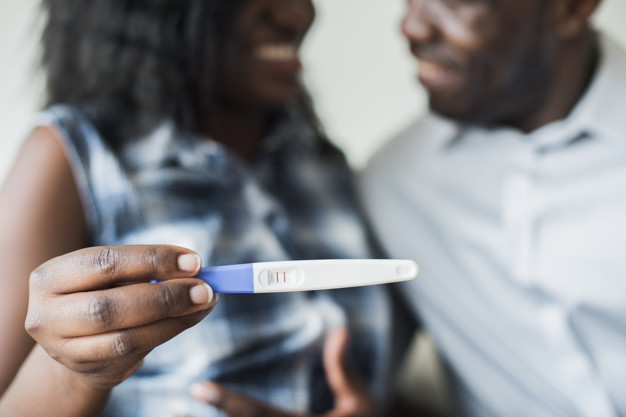1. Do a Preconception check-up
It is good to go for a medical check-up by your Family Physician or your Gynecologist or Fertility Specialist before trying for a baby aiming to identify and modify medical, behavioural and social risks to the couples’ health and pregnancy outcome through prevention and treatment.
Such preventive and treatment interventions include:
- Any potential issues about your fertility could be identified and addressed appropriately.
- Also, any medical condition whether previously known or undiagnosed would need to be treated or at least put under control before one safely start trying to get pregnant such as diabetes, hypertension, Sexually transmitted diseases including HIV, epilepsy, etc
- Any nutritional deficiencies including iron, folic acid, iodization of salt, calorie-protein deficiencies and nutritional treatment of diabetes and anaemia
- Counselling with respect to tobacco use and alcohol including second-hand smoking
- Genetic counselling including Genotyping.
- Vaccine-preventable diseases including Rubella, Tetanus, Hepatitis B, etc.
2. Live a healthy lifestyle.
Lifestyle moderation is vital when it comes to a healthy lifestyle, so also is keeping an ideal weight (BMI of about 20-25).
Other things to consider when talking about healthy lifestyle include:
- Eating a balanced diet
- Avoidance of alcohol excess or smoking
- Routine and regular exercise.
NOTE: Too much exercise can cause one not to ovulate.
3. Know your cycle.
Medical education about your menstrual cycle can make the difference as understanding your cycle helps you know when you are most fertile and the best time to focus on having sex to get pregnant. Ovulation is usually noted to occur two weeks to the date of the next period!
Furthermore, knowing and being aware of signs of ovulation such as:
- Change in your cervical mucus (which usually becomes thin, colourless and slippery during ovulation) when you are most fertile
- Having one-sided low abdominal pain (mittelschmerz pain)
- Rarely spotting bleeding from the vagina.
Similarly, the use of ovulation prediction kits could be helpful to predict the best time to get pregnant following sexual intercourse.
4. Reduce stress in every way you can.
Trying to start a family in itself could be stressful and additional stress or anxiety should best be avoided. Stress has been shown to interfere with ovulation. So the more relaxed you are, the better.
Thus, whatsoever helps to reduce stress should be welcomed as long as it is healthy. There is some evidence that acupuncture can help reduce stress thereby increasing your chances of becoming pregnant.

